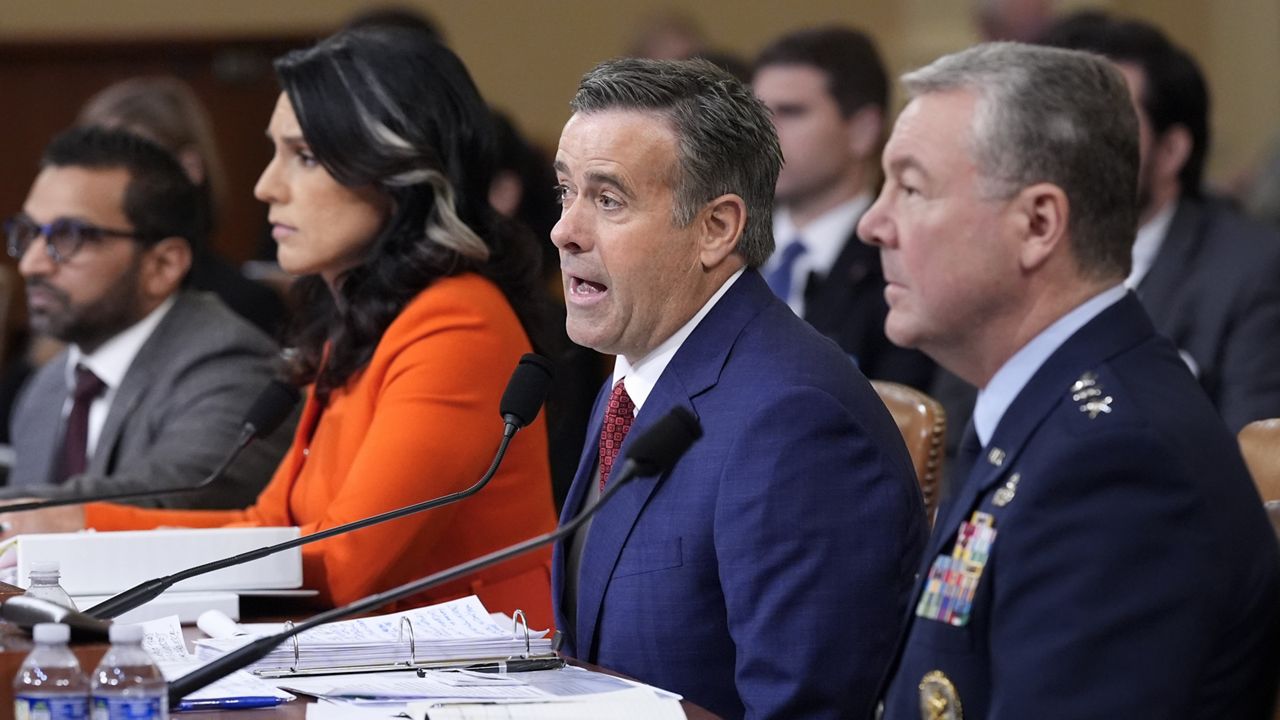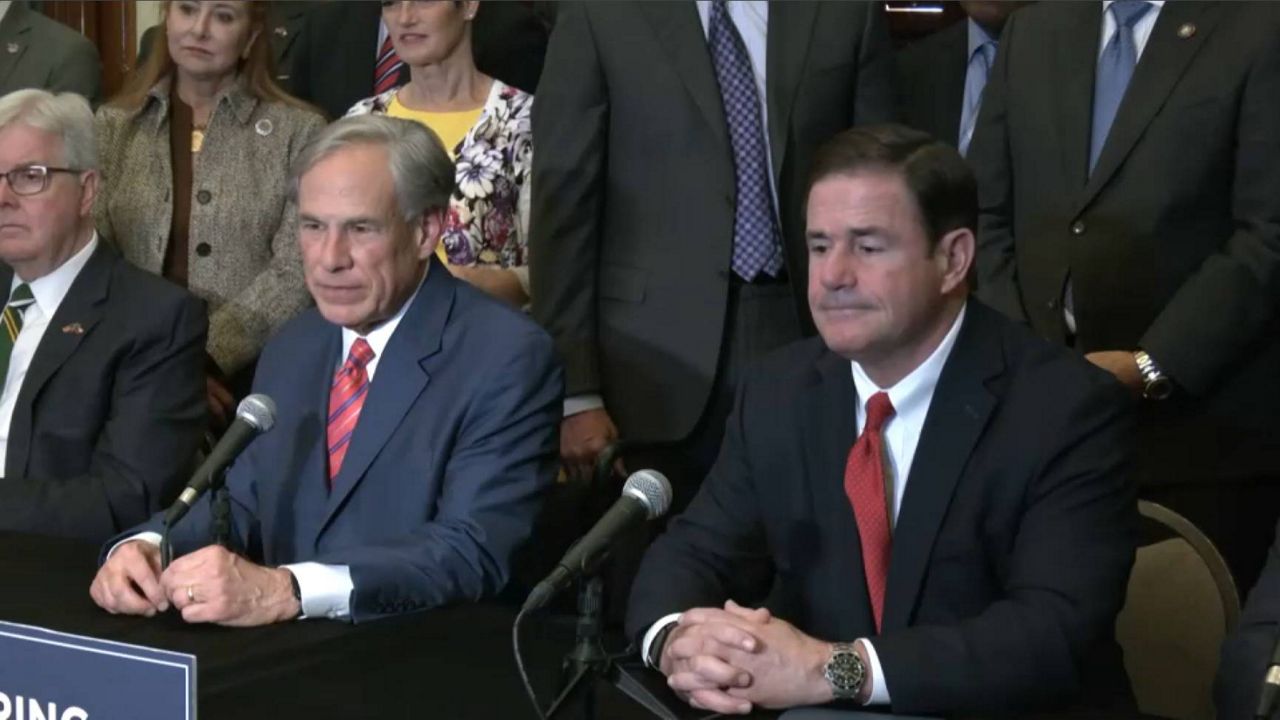AUSTIN, Texas — A bill to label some campaigns advertisements as artificial intelligence (AI) has received a favorable committee report, but it could be headed for trouble.
On Wednesday, former House Speaker Dade Phelan, R-Beaumont, got a favorable vote on one of his bills for the first time in four years. House Bill 366 would make it a crime to use AI in political ads without a disclaimer. Phelan was the subject of attack memes during his reelection campaign, and the bill number, 366, is the same as his margin of victory in his primary race last year.
Lt. Gov. Dan Patrick continues to reference his poor relationship with Phelan. The bad blood between the two conservative politicians mainly stems from multiple failures of school voucher bills in the lower chamber.
“Dan Patrick just feels like he is a real conservative, and Dade Phelan is not,” said Matthew Wilson, a professor of political science at Southern Methodist University.
Patrick blames Phelan for the $5 million impeachment trial of Attorney General Ken Paxton related to fraud allegations.
“Now that taxpayers have the facts about how former Speaker Dade Phelan frivolously wasted taxpayer funds for an ill-fated political gambit, we can put this shameful epoch of our state’s history behind us,” Patrick said.
A House committee unanimously approved Phelan’s bill on Wednesday requiring any political advertising to disclose the use of altered images, including generative AI or deep fake videos. Failure to do so would be a Class A misdemeanor.
“Unless you’re a candidate, officeholder or PAC, or you’re spending money, or you’re being paid to spread misinformation, this bill does not impact you,” said Phelan.
Current state law prohibits the use of AI pictures within 30 days of an election. Just outside of that time frame ahead of a contentious run-off election, the Club for Growth Action mailed flyers that show Phelan hugging California Democratic Rep. Nancy Pelosi and speaking at a House Democratic Caucus press conference. But Phelan says that’s not why he filed this bill.
“This is really what’s best for the voter. Make sure they’re informed. They’re getting the facts, as opposed to misinformation. If the image, if the voice, if it did not actually occur, the voters need to know that,” he said.
Ken Fleischmann, a professor of information at the University of Texas at Austin, agrees that requiring the labeling of AI use is important for transparency.
“There’s definitely not only the potential that someone would believe a video and believe that something happened that was a synthetic video. There’s also the possibility of cheapening the value of video evidence so that something actually happened,” said Fleischmann.
Phelan’s relationship with Patrick could put the legislation at risk.
“Any bill, including this one, becomes embroiled in the personal feud between Patrick and Phelan. I think that really, really largely dooms its chances as it moves,” said Wilson.
Overall, the legislation represents the reality that memes matter in Texas politics.
“This reflects a realization on the part of politicians that the way they are portrayed in social media, the way that they may be memed, can have negative consequences for their electoral prospects,” said Wilson.
Phelan added he would file this bill even if without his personal experience, saying he’s focused on the evolving AI industry.











)

